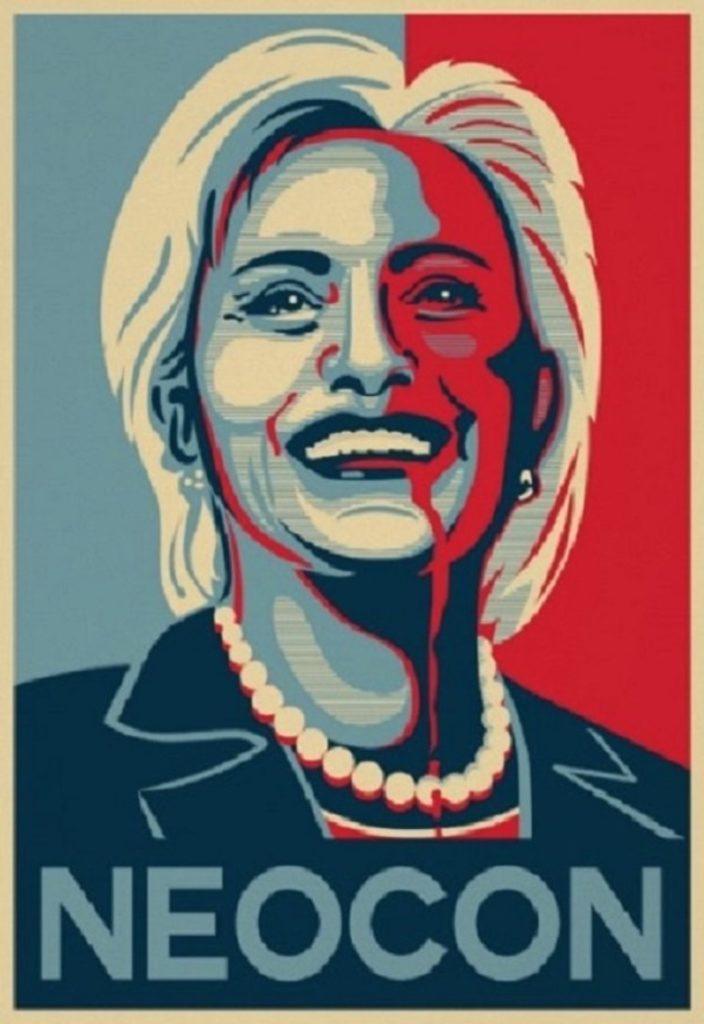One year ago, SunEdison was the darling of the hedge fund world. It is now bankrupt. Moments ago, Jim Chanos revealed that (in addition to Tesla) he is also short Elon Musk’s SolarCity, sending the stock sliding.
But what is the bear case?
Well, courtesy of Axiom’s Gordon Johnson, here are some very specific reasons why Chanos may once again have a home run on his “short” hands. Below is his “big picture” summary:
SOLARCITY CORP. (SCTY – $26.45 – SELL)
Is The Entire Sell-Side Incorrectly Giving SCTY Credit For Cash It Can’t Access?
The Good, the Bad, & the Ugly. In a widely anticipated move (evidenced by the recent outperformance of SCTY’s shrs), yesterday SCTY announced its first-ever cash equity deal w/ John Hancock Financial (“JHF”). Under the terms of the deal, SCTY will sell 95% of the cash flows generated from a portfolio of 201MW of residential & commercial solar projects to JHF over the next 20yrs.
The Good: in return for the cash flows, SCTY will receive $227mn in upfront equity, while retaining a 5% minority interest over 20yrs; including tax equity investments + upfront rebates/prepayments, this transaction will raise $3.00/W in total financing (or ~$603mn), & reflects a blend of $2.35/W for commercial projects & $3.24/W for residential projects; the IRR is ~8.2%; the majority of the installations were completed in ’15; the projects are spread over 18 states, w/ no single state comprising >35% of the portfolio; & the avg. FICO score for the residential customers is 744.
The Bad: when looking at just the cash equity proceeds from this deal ($227mn) – while we recognize an additional $376mn in cash, ~$346mn of which is tax-equity (“TE”), has already been received, while, technically, TE is available for general corp. purposes, given it’s largely been spent to offset the CAPEX of the systems themselves (meaning, in reality, it is not available), we feel the relevant metric to analyze is the cash equity received, or the cash available for new project investment/debt retirement – adjusting for SCTY’s 5% ownership, a more normalized ?50% mix of SREC’s from CA, and then applying these metrics to SCTY’s existing installed base of 1.67GW (i.e., 1.8GW of cum. deployed GWs – 177MW of MyPower loans [MyPower loans have no tax equity]), adjusted for debt, the Silevo earn out, unrestricted cash, the book value of MyPower, the full renewal value, & a 35% tax rate, we derive a fair value for SCTY’s PowerCo of just $0.71/shr (Ex. 6).
The Ugly: $2.71/W in costs (Ex. 7) – $1.38/W in tax equity (Ex. 8) – $0.07/W in rebates/repayments (Ex. 9) = $1.25/W in funding needs; yet cash equity proceeds from JHF were just $1.18/W, meaning SCTY sold at a loss. Caveat emptor.
Dark Clouds Ahead? We believe a mild bookings trend borne out of SCTY’s decision to leave NV, & withdraw MyPower, will compel an annual guidance cut when the company reports earnings next week.
* * *
The key here is… for all intents and purposes, SCTY got an investment from John Hancock Financial (“JHF”) – it was not a project sale. SCTY retained ownership but, sold off 95% of their cash flows. In our view, what Consensus appears to have missed in all of this, in addition to the fact that the tax-equity cash flows are not available for immediate redeployment for growth/debt pay down, is that SCTY sold the cash flows, but kept the debt (this is not sustainable). While SCTY could indeed use the proceeds from the sale to reduce their growing debt obligation, they are likely going to use them to grow their installed base.
Stepping back, we ask our readers… would you do this? That is, would you ramp up leverage, in return for growth, at the expense of negative free cash flows? We don’t think so as it is value destructive (no matter what SCTY says), and is being done, we believe, to show investors growth at any cost (and, as this deal shows, it is costing dearly). As this becomes more broadly understood, we expect the shares to come under intense pressure.
A few hours later, they already are under “intense pressure” courtesy of none other than Jim Chanos.
And the full report:
via http://ift.tt/23pyry2 Tyler Durden
